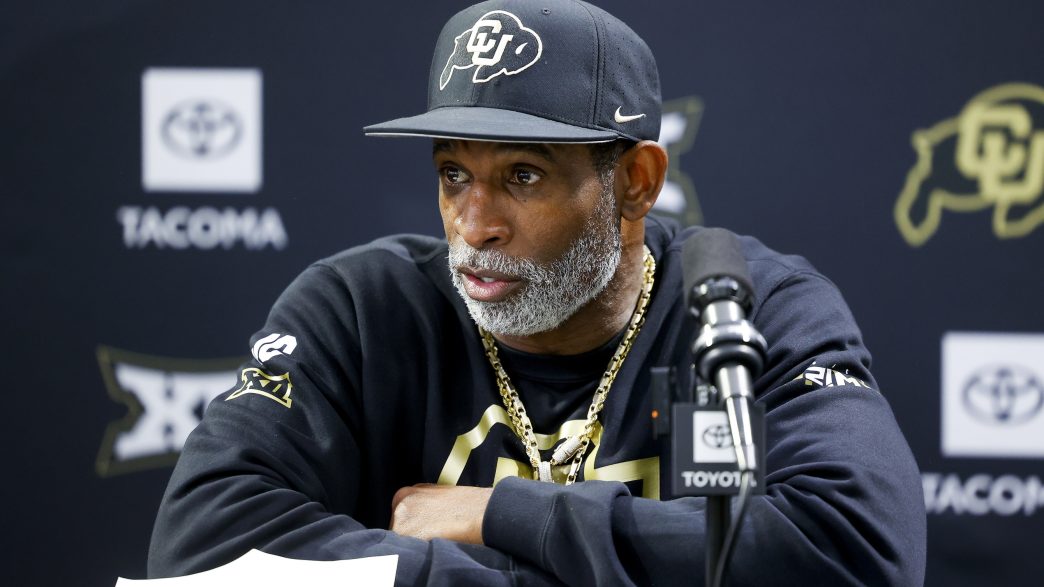Deion Sanders, head coach of Colorado, is making waves in college football, particularly with his bold approach to roster building through the transfer portal and maximizing player earnings through name, image, and likeness (NIL) deals. However, he’s also raising a crucial point about the need for regulation in this evolving landscape.
At the recent Big 12 media day, Sanders articulated his belief that the sport needs a salary cap to level the playing field. His insight speaks to a growing frustration among coaches and programs who feel at a disadvantage when competing against schools with significantly larger financial resources. As he noted, the disparity in funds can result in developing talent leaving for schools with deeper pockets, leaving teams scrambling to keep up.
“I wish there was a cap,” Sanders expressed. He highlighted the existing disparities by explaining that high-caliber players are receiving hefty paychecks, while others, who may not be on the same level, find themselves lured away by offers that some programs simply cannot match. This creates a situation where schools can invest time and resources into a player, only for that athlete to walk away for a lucrative deal elsewhere.
Sanders underscored the financial chasm between Big 12 programs and their SEC and Big Ten counterparts. By examining the College Football Playoff landscape, Sanders pointed out that the teams reaching those coveted spots are often the ones backed by substantial financial commitments—sometimes up to $25 million or $30 million dedicated to a single recruiting class. “All you have to do is look at the playoffs and what those teams spend,” he remarked, revealing why those programs dominate the playoff picture.
His conclusion is blunt but striking: “The team that pays the most is going to win.” This perspective not only reflects the current state of college football but also serves as a call to action for the NCAA to reconsider how it structures regulations around player compensation, ensuring all teams have a fighting chance in the incredibly competitive world of college athletics. If the aim is to foster a well-rounded and fair playing field, Sanders’ thoughts are a serious reminder of the challenges that lie ahead.







